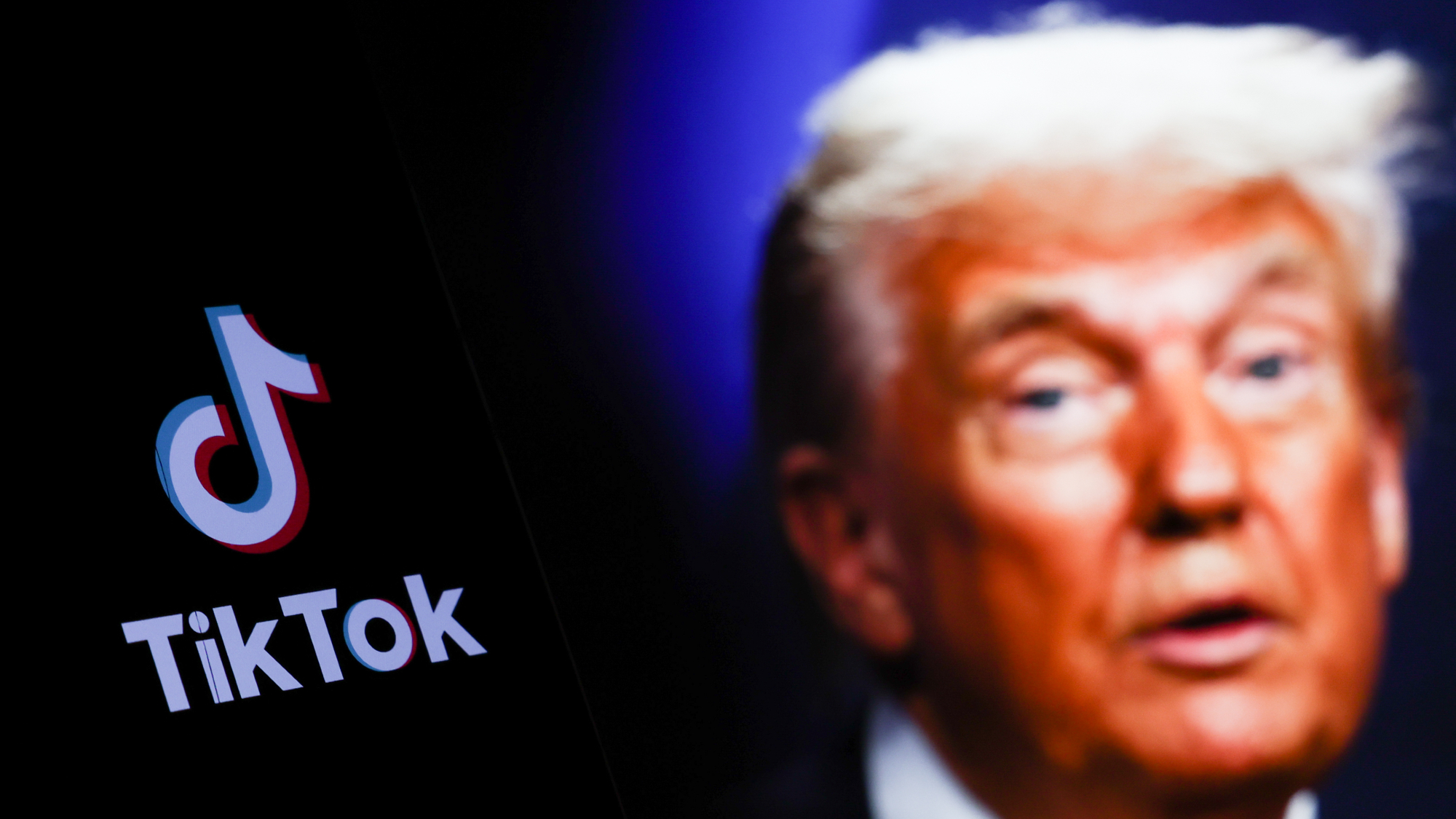Facebook behaved like ‘digital gangsters’, say MPs
Report on ‘fake news’ says social network broke privacy law and should be regulated

A free daily email with the biggest news stories of the day – and the best features from TheWeek.com
You are now subscribed
Your newsletter sign-up was successful
Facebook bosses have been described as “digital gangsters” in a damning report from the Digital, Culture, Media and Sport select committee.
Following an 18-month investigation into ‘fake news’, the committee says the social network deliberately broke privacy and competition law. Citing internal documents, the report says Facebook “violated” laws by selling people’s private data without their permission.
Turning on Facebook’s co-founder and chief executive Mark Zuckerberg, MPs say he failed to show "leadership or personal responsibility" over fake news. They accuse him of contempt for parliament after he refused three separate demands for him to give evidence, sending juniors in his place.
The Week
Escape your echo chamber. Get the facts behind the news, plus analysis from multiple perspectives.

Sign up for The Week's Free Newsletters
From our morning news briefing to a weekly Good News Newsletter, get the best of The Week delivered directly to your inbox.
From our morning news briefing to a weekly Good News Newsletter, get the best of The Week delivered directly to your inbox.
“Even if Mark Zuckerberg doesn't believe he is accountable to the UK Parliament, he is to billions of Facebook users across the world," said the inquiry chair Damian Collins. “Evidence uncovered by my committee shows he still has questions to answer yet he's continued to duck them,” he added.
The report, which runs to more than 100 pages, says that Facebook urgently requires far stricter regulation and that social media platforms should be subject to a compulsory code of ethics.
The committee concludes that “democracy is at risk from the malicious and relentless targeting of citizens with disinformation and personalised 'dark adverts’” from “unidentifiable sources”, which are delivered through the “major social media platforms we use every day”.
In response, Facebook said it shares Committee's concerns about “false news and election integrity” and insisted it had answered “more than 700 questions and with four of our most senior executives giving evidence”.
A free daily email with the biggest news stories of the day – and the best features from TheWeek.com
It admitted it had “more to do” and welcomed the digital select committee's report, saying said it would be open to “meaningful regulation” in the future.
CNN says the report is “the latest headache for the social media giant, which has come under intense scrutiny from policymakers in the United States and around the world following a series of data scandals including Cambridge Analytica”.
The BBC points out that it is not just Facebook that is under pressure and that the report’s harsh words will be felt throughout the social media industry. “Pressure is mounting on the tech giants to get to grips with the issue of fake news,” it said.
The committee also investigated British electoral law and concluded that it is unfit for purpose. Arguing that British elections are vulnerable to interference by hostile foreign actors, including Moscow, it says the government should examine recent elections for evidence of voter manipulation.
-
 Quentin Deranque: a student’s death energizes the French far right
Quentin Deranque: a student’s death energizes the French far rightIN THE SPOTLIGHT Reactions to the violent killing of an ultra-conservative activist offer a glimpse at the culture wars roiling France ahead of next year’s elections.
-
 Secured vs. unsecured loans: how do they differ and which is better?
Secured vs. unsecured loans: how do they differ and which is better?the explainer They are distinguished by the level of risk and the inclusion of collateral
-
 ‘States that set ambitious climate targets are already feeling the tension’
‘States that set ambitious climate targets are already feeling the tension’Instant Opinion Opinion, comment and editorials of the day
-
 Moltbook: The AI-only social network
Moltbook: The AI-only social networkFeature Bots interact on Moltbook like humans use Reddit
-
 Are Big Tech firms the new tobacco companies?
Are Big Tech firms the new tobacco companies?Today’s Big Question A trial will determine whether Meta and YouTube designed addictive products
-
 Is social media over?
Is social media over?Today’s Big Question We may look back on 2025 as the moment social media jumped the shark
-
 Australia’s teen social media ban takes effect
Australia’s teen social media ban takes effectSpeed Read Kids under age 16 are now barred from platforms including YouTube, TikTok, Instagram, Facebook, Snapchat and Reddit
-
 Trump allies reportedly poised to buy TikTok
Trump allies reportedly poised to buy TikTokSpeed Read Under the deal, U.S. companies would own about 80% of the company
-
 What an all-bot social network tells us about social media
What an all-bot social network tells us about social mediaUnder The Radar The experiment's findings 'didn't speak well of us'
-
 Broken brains: The social price of digital life
Broken brains: The social price of digital lifeFeature A new study shows that smartphones and streaming services may be fueling a sharp decline in responsibility and reliability in adults
-
 Supreme Court allows social media age check law
Supreme Court allows social media age check lawSpeed Read The court refused to intervene in a decision that affirmed a Mississippi law requiring social media users to verify their ages